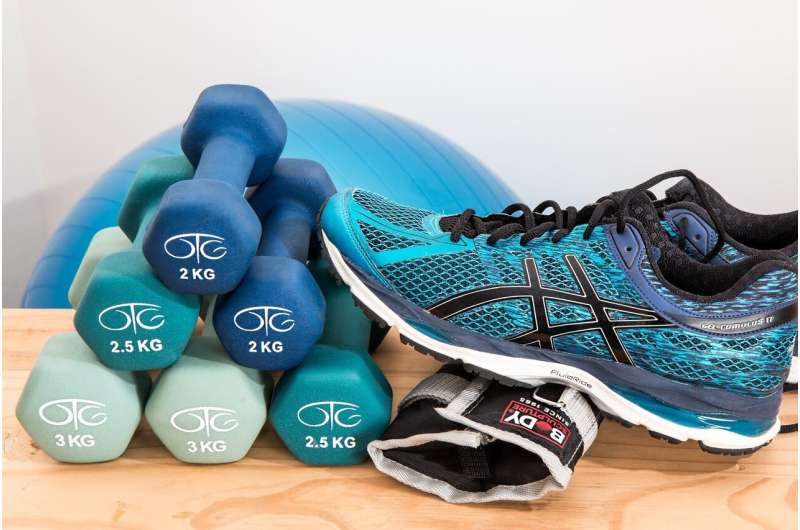The Importance of Physical Activity for Individuals with Rheumatic and Musculoskeletal Diseases

Discover how tailored physical activity can significantly improve health outcomes for individuals with rheumatic and musculoskeletal diseases through the latest research and recommendations from EULAR.
Regular physical activity is gaining increased recognition as a vital component for managing rheumatic and musculoskeletal diseases (RMD), benefitting both patients and the general population. The European Alliance of Associations for Rheumatology (EULAR) has issued comprehensive recommendations emphasizing the significance of tailored physical activity for individuals with conditions such as inflammatory arthritis and osteoarthritis. These guidelines also highlight strategies to support sustainable participation in physical activity, including maintaining healthy work habits.
During the 2025 EULAR Congress held in Barcelona, various sessions underscored the positive impact of physical activity on RMD management, as well as the obstacles faced in implementing effective programs in real-world settings. Evidence from previous studies indicates that personalized, supervised exercise therapy yields superior outcomes compared to standard care, especially in individuals with severe functional limitations due to rheumatoid arthritis (RA) or axial spondyloarthritis (axSpA). For instance, a long-term follow-up study demonstrated significant improvements in physical function and quality of life after two years of consistent exercise intervention, with benefits maintained even as supervised sessions declined.
Additionally, interventions focusing on work-related outcomes have shown promise. Incorporating exercise, education, and occupational support can improve quality-adjusted life years and reduce societal costs, although effects on work ability vary. Addressing fatigue— a common symptom in RMD—is crucial; studies reveal that increased physical activity correlates with lower fatigue levels, particularly when activity is maintained in the morning and afternoon.
Research also supports the use of combined aerobic and resistance training for systemic sclerosis (SSc). A multi-center trial found that a twice-weekly personalized exercise program significantly alleviated fatigue and pain while boosting mental well-being, cardiovascular, and musculoskeletal fitness.
However, barriers such as weather, costs, time constraints, and lack of awareness hinder participation in physical activity. Cross-country studies in Europe identified unique regional challenges and facilitators, emphasizing the need for tailored, country-specific strategies. Barriers including climate, financial costs, and access issues can be mitigated through structured programs supported by healthcare professionals.
In conclusion, increasing awareness, enhancing access, and fostering patient motivation are essential to integrating physical activity into standard RMD care. Addressing these factors can help maximize the benefits of exercise for individuals with RMD, improving their overall health and quality of life.
Stay Updated with Mia's Feed
Get the latest health & wellness insights delivered straight to your inbox.
Related Articles
Is 7,000 Steps a Day Sufficient for Good Health? Insights from Recent Research
Recent research suggests that walking 7,000 steps daily offers significant health benefits, reducing risks for chronic diseases and increasing longevity. Learn how achievable step goals can improve your health.
Maintaining Fitness in Older Age Supports Brain Regions Involved in Word Retrieval
Regular moderate exercise in older adults enhances brain activity related to language, reducing 'tip-of-the-tongue' moments and supporting cognitive health. Discover how staying active benefits your brain with recent research findings.
Every Type of Exercise Benefits Older Adults' Health, New Study Finds
A comprehensive study reveals that all forms of physical activity, even light exercises and reduced sitting time, significantly improve health outcomes for older adults, lowering disease risk and promoting healthier aging.



